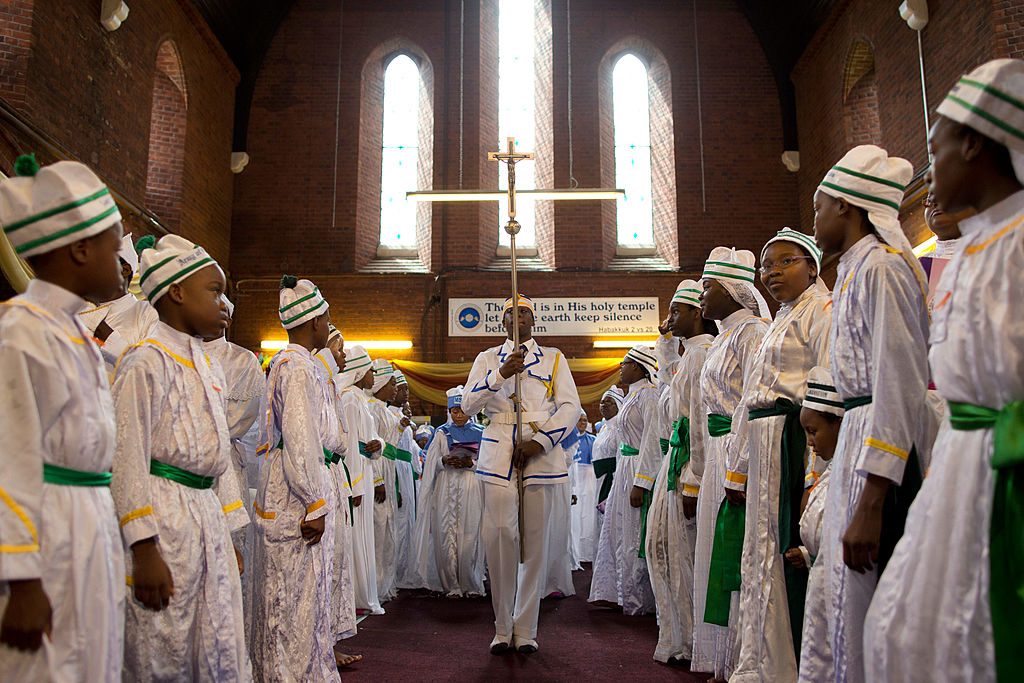New polling data from YouGov has found that over the past four years, the percentage of 18- to 24-year-olds who believe in the existence of God (or multiple gods) has risen from 16% to 37%. In January of this year, the figure was as high as 45%. In the same age group over this period, the percentage who believe there is no God or greater spiritual power dropped from 49% to 32%. But what can explain these trends?
While the YouGov data is not broken down by race, ethnicity, or religious affiliation, there is little doubt that the growth of religiosity among younger Britons is being driven by demographic change. The proportion of the national population which identifies as Muslim is on a consistently upward trajectory. From 2001 to 2021, England’s Muslim population rose by nearly 150%. In the East London borough of Tower Hamlets, Muslims now represent the largest religious grouping, outnumbering both Christians and those of no religion.
This trend is set to continue. In the 2021 England and Wales census, the average age of those who described themselves as Muslim was just 27 years; the average for the total populations of the two countries was 40, rising further to 51 for Christians. More recent polling by Whitestone Insight found that over 70% of British Muslims identify primarily through their faith, peaking at 85% for 18- to 24-year-olds.
Since the turn of the millennium, census data has reflected a sharp decline in Christian identification in Britain, dropping from over 70% to less than 50% between 2001 and 2021. But there appears to be a “Christian revival” gathering pace, which could be driven by a variety of factors.
Two of the faster-growing ethnic groups in modern Britain are the Black African and “White Other” categories, which both have lower average age profiles than the general population (30 and 35 years, respectively). While the former group includes a notable number of Christians originating from countries across Africa, ranging from Nigeria in the west to Kenya in the east, the latter will include European Union migrants, from Polish Catholics to orthodox Romanians. This diverse migration is changing the landscape of Christianity in modern Britain.
In a broader sense, it is entirely plausible that faith in God — along with belief in greater spiritual powers — is growing among isolated young people who live in a rapidly secularised society defined by liberal individualism. This process was likely accelerated by the Covid-19 pandemic and associated lockdowns, where the need for a source of resilience and sense of connection to others may well have been heightened. There is the possibility that young people in the white-British majority — whether reconnecting with their own Christian heritage, converting to Islam, or exploring more “spiritual” belief systems — are playing their part in the youthful revival of faith and spirituality in modern Britain.
It is the young people of Britain who are disproportionately religious. In the world of sport, the likes of British-Nigerian Christian Bukayo Saka and Pakistani Muslim Shoaib Bashir — who while still in their early-twenties have established themselves as England internationals in football and cricket, respectively — embody Britain’s diverse faith-oriented youth.
British politicians who wish to connect with young voters should take note. Alastair Campbell, formerly Downing Street spin doctor under Tony Blair, is reputed to have told his boss that “we don’t do God.” But now, perhaps, political leaders have no choice but to go against this advice. Otherwise, they could be left behind in a much-transformed modern Britain.
